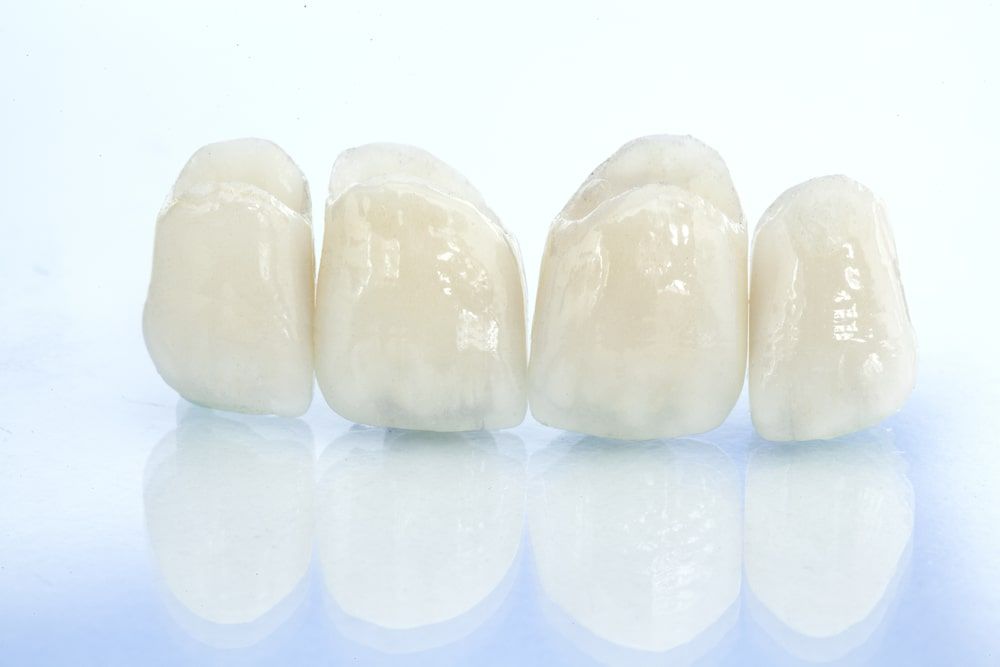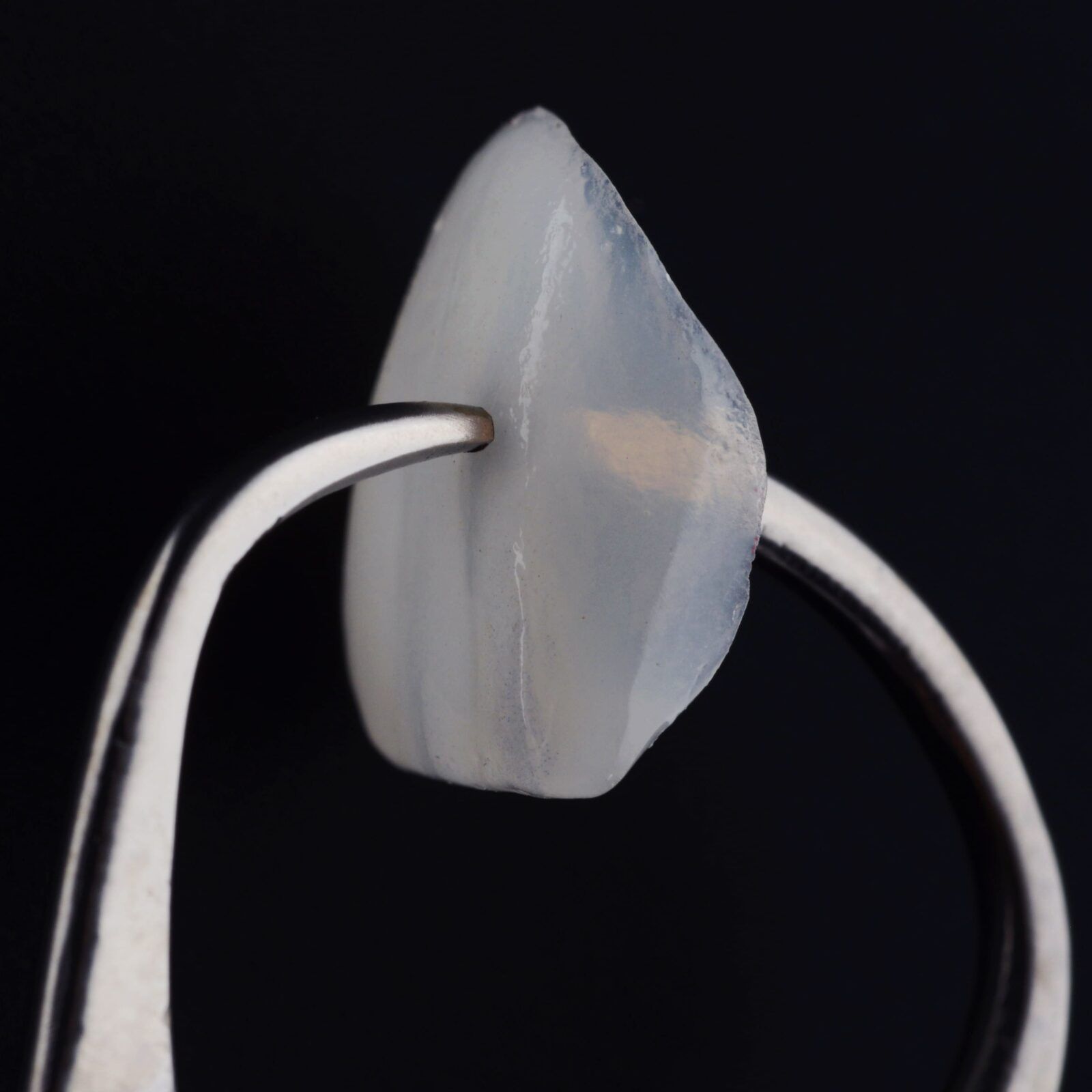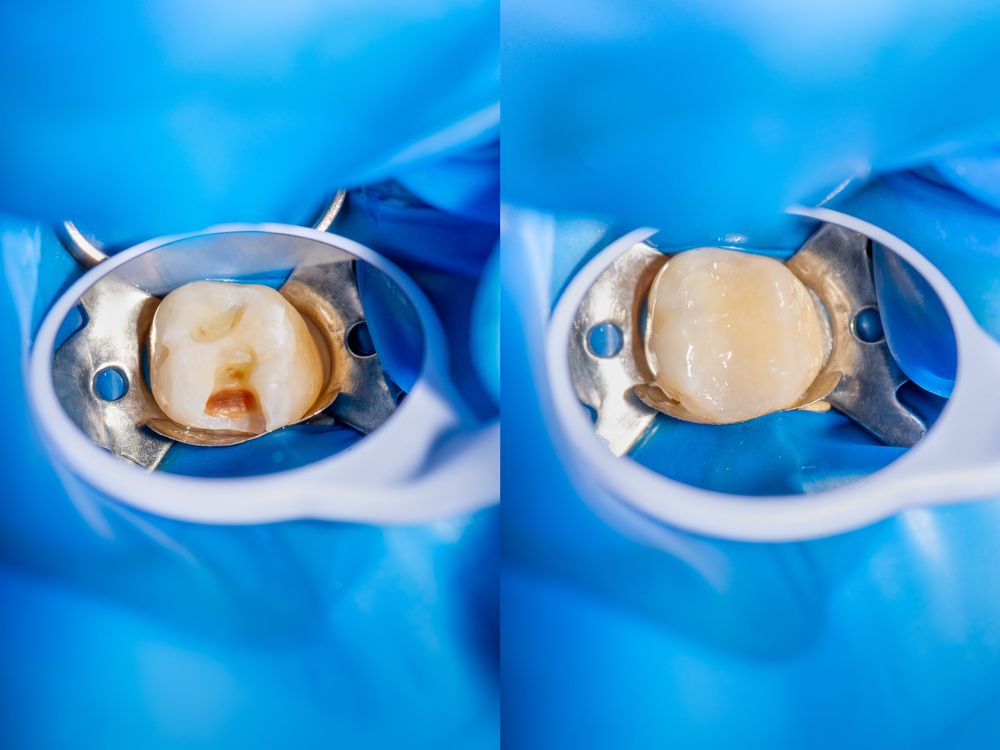A beautiful smile can greatly enhance our confidence and self-esteem. Cosmetic dentistry offers various treatments to help improve dental aesthetics. In this blog post, we will compare two popular options: dental crowns and dental veneers. By understanding the purpose, procedure, pros, and cons of each treatment, you can make an informed decision about which option is best suited for your needs.
What are Dental Crowns?
Dental crowns, also known as dental caps, are prosthetic restorations that cover and encase the entire visible portion of a tooth. They are typically made from materials like porcelain, metal, or zirconia. Dental crowns serve multiple purposes, including improving the appearance, strength, and functionality of a damaged tooth. The process of getting a dental crown involves tooth preparation, impressions, and placement.
What are Dental Veneers?
Dental veneers are thin shells, usually made of porcelain or composite resin, that are bonded to the front surface of teeth to improve their appearance. Veneers are primarily used to address cosmetic concerns such as discoloration, chipped teeth, or minor misalignments. The procedure for dental veneers involves minimal tooth preparation, impressions, and bonding of the veneers to the teeth.
Comparison Between Dental Crowns and Dental Veneers:
When deciding between dental crowns and dental veneers, several factors should be considered:

Purpose and Goals:
- Dental crowns are often used to restore and strengthen damaged or decayed teeth, while dental veneers focus on enhancing the appearance of healthy teeth.
- Crowns provide structural support, whereas veneers primarily address cosmetic concerns.
Aesthetic Results and Natural Appearance:
- Dental crowns can fully cover a tooth, providing a more significant transformation and concealing severe discoloration or large fillings.
- Veneers offer a natural-looking smile makeover by mimicking the color, texture, and translucency of natural teeth.
Tooth Preparation Requirements:
- Dental crowns require more extensive tooth preparation, involving the removal of a significant portion of the tooth’s structure.
- Veneers involve minimal tooth preparation, often requiring only slight enamel removal.
Durability and Longevity:
- Dental crowns are generally more durable and can last for 10-15 years or longer with proper care.
- Veneers, although strong, may need replacement after 5-10 years due to wear or damage.
Maintenance and Care:
- Both dental crowns and veneers require good oral hygiene practices, including regular brushing, flossing, and dental check-ups.
- Crowns and veneers are stain-resistant; however, avoiding excessive consumption of staining substances like coffee or tobacco can help maintain their appearance.
Cost Considerations:
- The cost of dental crowns is generally higher than that of veneers due to the materials used and the complexity of the procedure.
- Insurance coverage may vary for each treatment, so it is essential to check with your dental insurance provider.
Which Treatment Is Right for You?
Choosing between dental crowns and dental veneers depends on several factors, including:

Severity of the Dental Issue:
- If the tooth is significantly damaged or weakened, a dental crown may be the better option.
- For minor cosmetic concerns and relatively healthy teeth, veneers can provide the desired outcome.
Desired Aesthetic Outcome:
- Dental crowns offer comprehensive restoration and can provide a dramatic change in tooth shape, size, and color.
- Veneers provide a conservative approach, resulting in a natural-looking, radiant smile.
Long-Term Goals and Budget:
- Consider your long-term oral health goals, as dental crowns may provide better structural support and longevity.
- If budget is a significant concern, veneers may be a more affordable option, especially for minor cosmetic improvements.
Oral Health and Existing Dental Conditions:
- The condition of your teeth, including the presence of decay or gum disease, may influence the suitability of dental crowns or veneers.
- Consulting with a cosmetic dentist is crucial to assess your oral health and determine the most suitable treatment option.
In Conclusion:
Dental crowns and dental veneers are both effective cosmetic dental treatments, each with its own unique benefits and considerations. By understanding the purpose, procedure, pros, and cons of each treatment, you can make an informed decision that aligns with your desired aesthetic outcome, oral health goals, and budget. Consulting with a cosmetic dentist is vital for personalized treatment recommendations that will help you achieve a beautiful, confident smile. Remember, investing in your dental aesthetics can have a transformative impact on your overall well-being.






